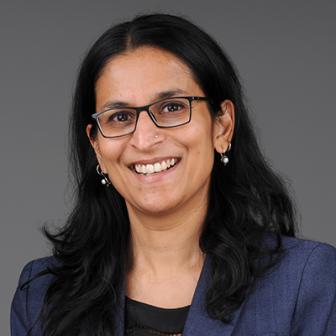Scientists from Two Continents Working Together to Improve the Health of the African Great Lakes
World-class scientists and researchers from across North America and Africa are putting their heads, and expertise, together to tackle some of the most pressing issues—algal blooms, climate change, invasive species, fragile fisheries, to name but a few—facing the African Great Lakes (AGL) today.
What are the African Great Lakes?
The AGL are highly valuable natural resources, renowned for their rich fisheries and "biodiversity hotspots." Consequently, they, and the ecosystem services they provide, underpin the welfare and livelihoods of over 50 million people across 10 countries. Despite the recognized importance of the AGL, these vital ecosystems and their livelihood support systems are threatened by the impact of human activity by numerous anthropogenic stressors at local, regional, and global scales.
The African Great Lakes are lakes Albert, Edward, Kivu, Malawi/Nyasa/Niassa, Tanganyika, Turkana, and Victoria. You can learn more about the African Great Lakes here.

How does this project work?
The partnership between the International Institute for Sustainable Development (IISD) and the African Center for Aquatic Research and Education (ACARE) provides an opportunity for the world’s freshwater laboratory and networks on the African Great Lakes to come together and strengthen science on large freshwater resources and the countries in which they reside.
IISD-ACARE combines the legal and policy expertise of IISD’s vast expert staff with ACARE’s newly created African network of large-lakes experts and scientists in Burundi, the Democratic Republic of the Congo, Ethiopia, Kenya, Malawi, Mozambique, Rwanda, Tanzania, Uganda, and Zambia.
What are we working on?
During its first year, the new partnership will boost the activities of six Advisory Groups that were created to address specific issues on each of the African Great Lakes. Members of each group are harmonizing priorities on the lakes to advance work on scientific inquiry, monitoring, climate change, and education and training, among other issues.

How can I learn more?
To learn more about the project, or to discuss research and collaboration opportunities, you can visit the ACARE website, or contact us directly.
Latest
You might also be interested in
Exploring Harmful Algal Blooms
The longest-running experiment at IISD Experimental Lakes Area has involved adding phosphorus and nitrogen to a lake since 1968 to study nutrient contributions to algal blooms.
Measuring the Impact of Microplastics on Fresh Water
The impact of plastics on aquatic systems and the environmenta is big news and of major concern these days.
Big Data for Resilience
Big Data is dramatically changing the way in which data is collected and processed. IISD's Big Data for Resilience initiative looks to bridge the gap between Big Data and resilience programming.
AquaHacking Lake Winnipeg
We are challenging young innovators to team up and develop new and innovative solutions to tackle urgent freshwater issues.





